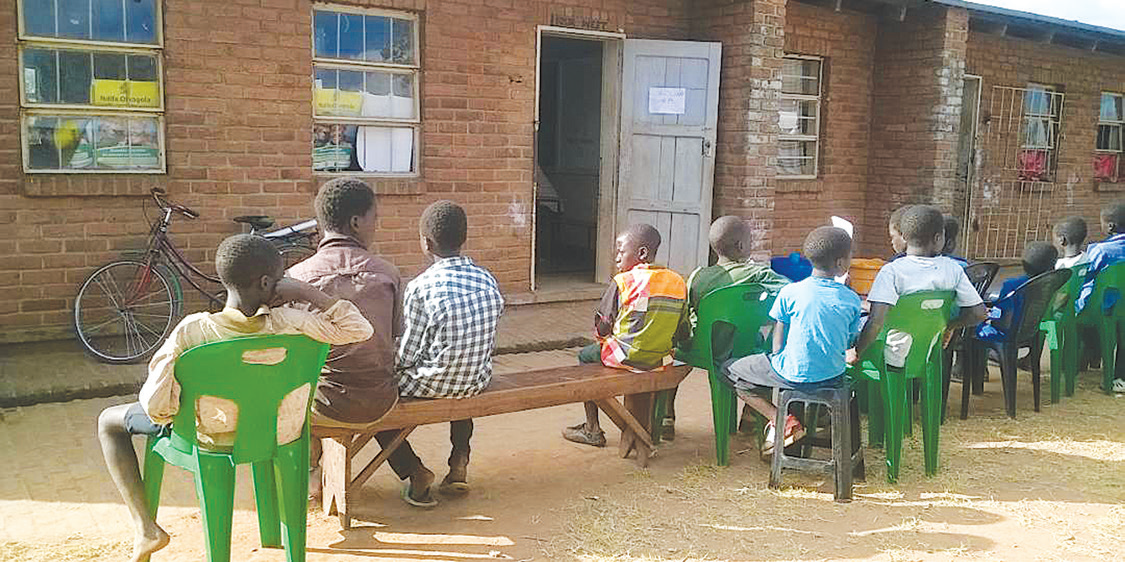KCH breathes sigh of relief
Kamuzu Central Hospital (KCH) at the weekend received two truckloads of m

edical supplies barely days after staff petitioned government through Parliament to resolve shortage of drugs and other essential supplies.
KCH director Noor Alide confirmed the development in an interview on Monday on the sidelines of the launch of the dialysis centre at the hospital, the major referral centre for about five million people in the Central and Northern regions.
Said Alide: “Yes, I can confirm that we have the medical supplies and we are also waiting for some more. This is a good development, so no need [for staff] to go on strike.”
A spot check by The Nation in the pharmacy section of the hospital revealed loads of medical supplies, including gloves.
Last week, KCH staff gave government a deadline of Monday to resolve the medical supply crisis at the hospital or face full-scale work boycott by staff.
The staff said they were concerned that patients were dying from ordinarily curable ailments due to scarcity of basic hospital supplies, including painkillers.
For example, a medical doctor described as pathetic the situation in the intensive care unit (ICU) where, the doctor said, staff struggle to serve six patients in the unit which has a capacity of three at a time. And a nurse said recording 14 deaths per day was her worst experience.
Meanwhile, Minister of Health Catherine Gotani Hara on Monday officially launched a dialysis centre at the hospital.
She said the centre will help the country save public funds as patients will no longer be referred to local private hospitals or hospitals abroad for treatment.
Said Hara: “Just last year alone, K70 million (about $175 000) was spent on such cases and we hope that the money will now be re-channelled to other more important departments.”
The dialysis centre, which has been funded by the Tokushukai Medical Corporation of Japan, is expected to supplement the current machines at the hospital which of late have been frequently breaking down.
Added Hara: “As you are aware that non-communicable diseases such as diabetes and hypertension are on the increase worldwide, Malawi has not been spared, with a growing population, end-stage kidney failure which require haemodialysis treatment is becoming common, and I am happy, we have these machines.”
Dr Shuzo Kobayashi, vice-president of the Tokushukai Medical Group and Shonan Kamakura General Hospital, said: “We are very happy that this donation will help save a lot of lives.”





